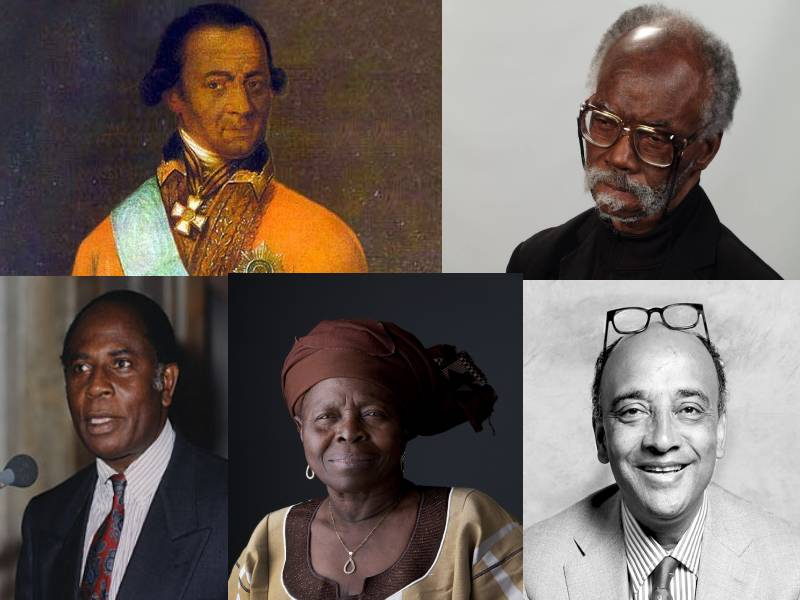For decades, philosophers have been discussing the essence of African philosophy. African philosophy has a long and illustrious past that calls for connecting the substance of African philosophical inquiry to the larger context of its intellectual and social history. This necessitates highlighting how philosophical study addresses specific concerns and themes firmly established in academic philosophy’s normative standards and tradition, but also comprehending the particularities that emerge from actual difficulties related to Black intellectual and social history. In this article, we will look at five African philosophers who defied time and prejudice to leave an indelible imprint on the philosophical world.
Kwasi Wiredu
He is often recognized as Africa’s finest philosopher, having done much to promote philosophy as a modern discipline in many areas of the African continents and beyond. Wiredu, who was born in Ghana in 1931, was exposed to philosophy in his early adolescence, particularly practical psychology. His picture of contemporary Africa offers an intriguing glimpse into the process of forming postcolonial disciplines and discourses, which can also be viewed as a counter-articulation to imperial domination’s hegemonic discourses. He worked on conceptual decolonization in modern African thinking systems for many decades. This, according to Wiredu, implies re-examining present African epistemic underpinnings to attain sustainability, rationality, and deconstruction of Western epistemologies. One significant criticism leveled against him is that his contributions may have been richer if he had engaged in other important discourses such as postcolonial theory, African feminism, global aspects of projects, and decolonization discourses. Despite substantial criticism of some aspects of his work, his contribution has been critical and has provided important insights into Marxism, Mysticism, Metaphysics, and the nature of the philosophical effort in general.
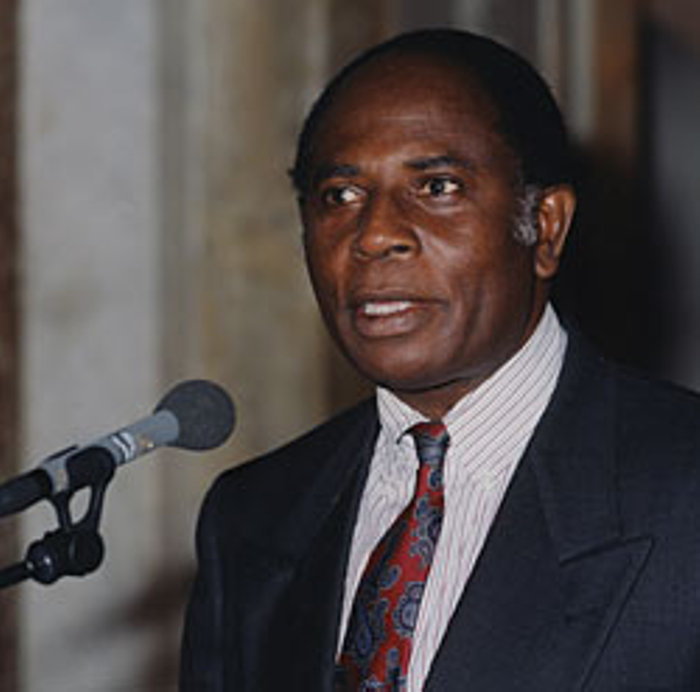
Figure 1 – Portrait of Kwasi Wiredu. Source – Google
Sophie Oluwole
Sophie Oluwole was the first Nigerian woman to be awarded a doctorate in philosophy from Nigeria University, and she was one of the few academics who promoted African philosophy. Her bold attitude and enthusiasm elevated the Yoruba culture to the forefront of the global philosophical arena. The career that lasted five decades of persistent investigation and enthusiasm for African culture was not without its male-dominated challenges, which she surmounted to achieve recognition in the intellectual community. Her whole idea was to combat major western norms and destroy prejudices about African economics, mathematics, and philosophy, which she accomplished by analyzing her own Yoruba heritage as an instance of genuine African Philosophy. This resulted in her first substantial book, Witchcraft, Reincarnation, and the Godhead, which was followed by works in Ifa Corpus, African femininity in relation to western feminism, philosophical literature, and her most controversial work, which compared Socrates of Athens, the acclaimed father of western philosophy, and Orunmila of Ile-Ife, the progenitor of Yoruba philosophy. This paved the way for greater cross-cultural exchanges between academics and cultural activists.
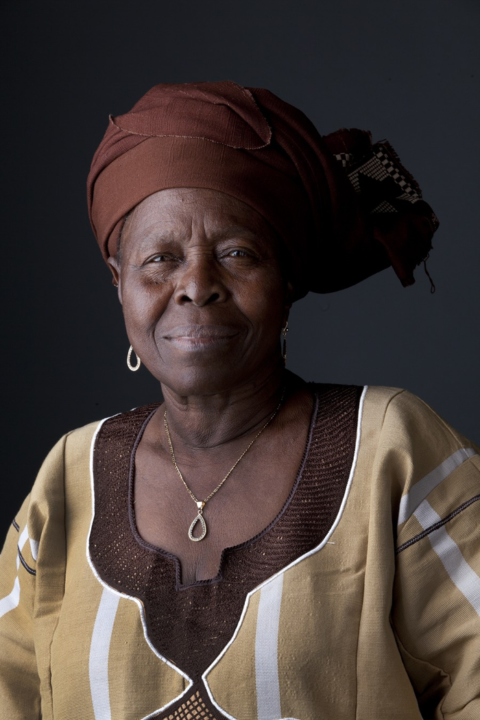
Figure 2 – Portrait of Sophie Oluwole. Source – Google
Kwame Anthony Appiah
Kwame Anthony Appiah is a British-Ghanaian philosopher and writer best recognized for his farmwork of language, mind, and African intellectual history. He has published widely in literary and cultural studies, with a focus on African and African-American culture. His book, In My Father’s House, investigated the role of African and African-American intellectuals in influencing modern African cultural life, and he received the Anisfield- Wolf Book Award as well as the African Studies Association’s Herskovits Award for it. Appiah’s philosophic work focused on probabilistic semantics and meaning theories, but his more recent writings have addressed issues of race and racism, identity, and moral philosophy. He has also defined his concept of cosmopolitanism, stating that cultural differences should be welcomed because they are not harmful to individuals and do not contradict our universal concern for the lives and well-being of all humans, in which every life matters and we all have a shared obligation to one another.
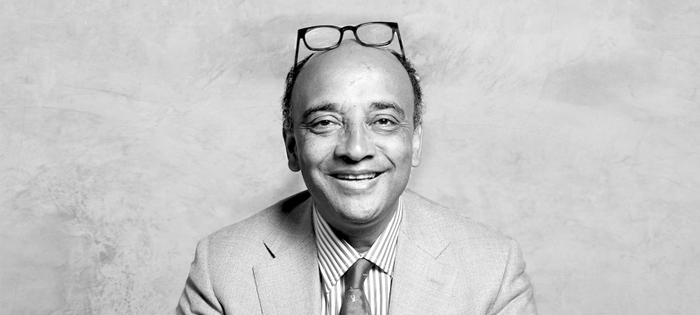
Figure 3 – Portrait of Kwame Anthony Appiah . Source – Google
V. Y. Mudimbe
Valentin-Yves Mudimbe is considered a pivotal figure in African intellectual and cultural history. His work influenced several areas, including African studies, philosophy, sociology, anthropology, linguistics, and history. His writings transformed African intellectual history by challenging the dominant racist historical reconstruction of Greek philosophy. Mudimbe’s The Invention of Africa is a great broad review of how the western fabrication of “primitive” and “uncivilized” representations of Africa, notably in historical and anthropological research, has affected alienated speech and self-identity among Africans themselves. Mudimbe demonstrated that critical approaches to Africa are futile unless the epistemologies that underpin them are questioned. Mudimbe presents important concerns regarding the contrast and complementarity of past and present as separate periods of their history and identity. His primary interests are phenomenological, structuralism, mythological tales, and the development and use of language.
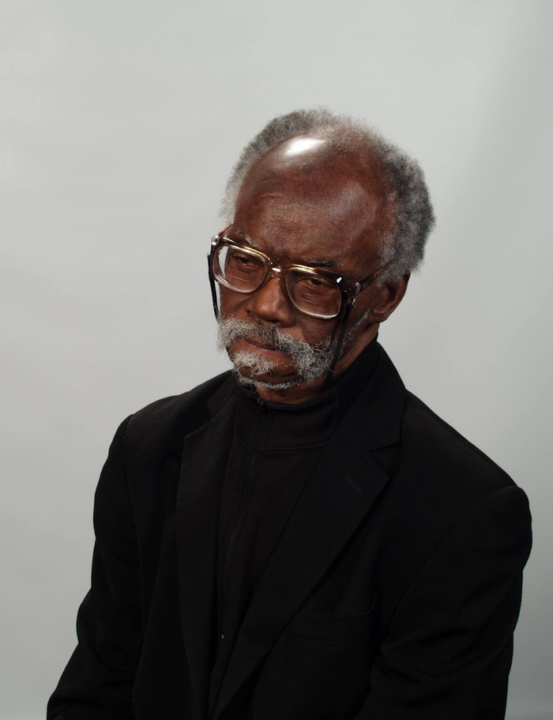
Figure 4 – Portrait of V. Y. Mudimbe. Source – Google
Anton Wilhelm Amo
This African philosopher, originally from Ghana, is well-known for his study of the human mind, in which he contends that the human mind is a fully active, immaterial entity that constantly acts autonomously and cannot be acted upon. He was the first African to receive a Ph.D. in philosophy from a European university. Amo’s viewpoint on the mind is notably philosophically significant since his account of perception restricts what he can say about the mind-body interaction, notably the possibility of sense-based cognition. He is pretty notable for his dissertation “State of Controversy,” in which he frames his ideas as an antithesis to those of Descartes and others. Despite his fame at the time, Amo became little more than a figure of passing interest after his death. In the German Democratic Republic, the University of Halle erected a monument of Amo by Gerhard Geyer in 1965.
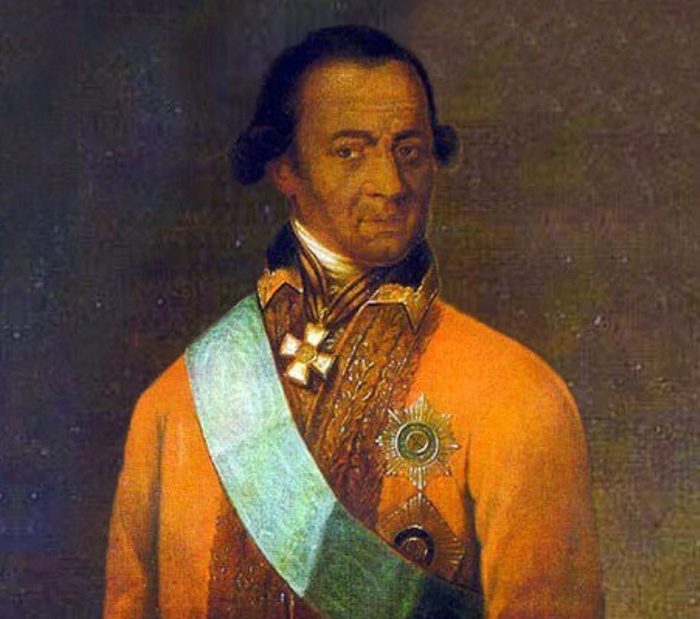
Figure 5 – Portrait of Anton Wilhelm Amo. Source- Google.

Anand Subramanian is a freelance photographer and content writer based out of Tamil Nadu, India. Having a background in Engineering always made him curious about life on the other side of the spectrum. He leapt forward towards the Photography life and never looked back. Specializing in Documentary and Portrait photography gave him an up-close and personal view into the complexities of human beings and those experiences helped him branch out from visual to words. Today he is mentoring passionate photographers and writing about the different dimensions of the art world.

